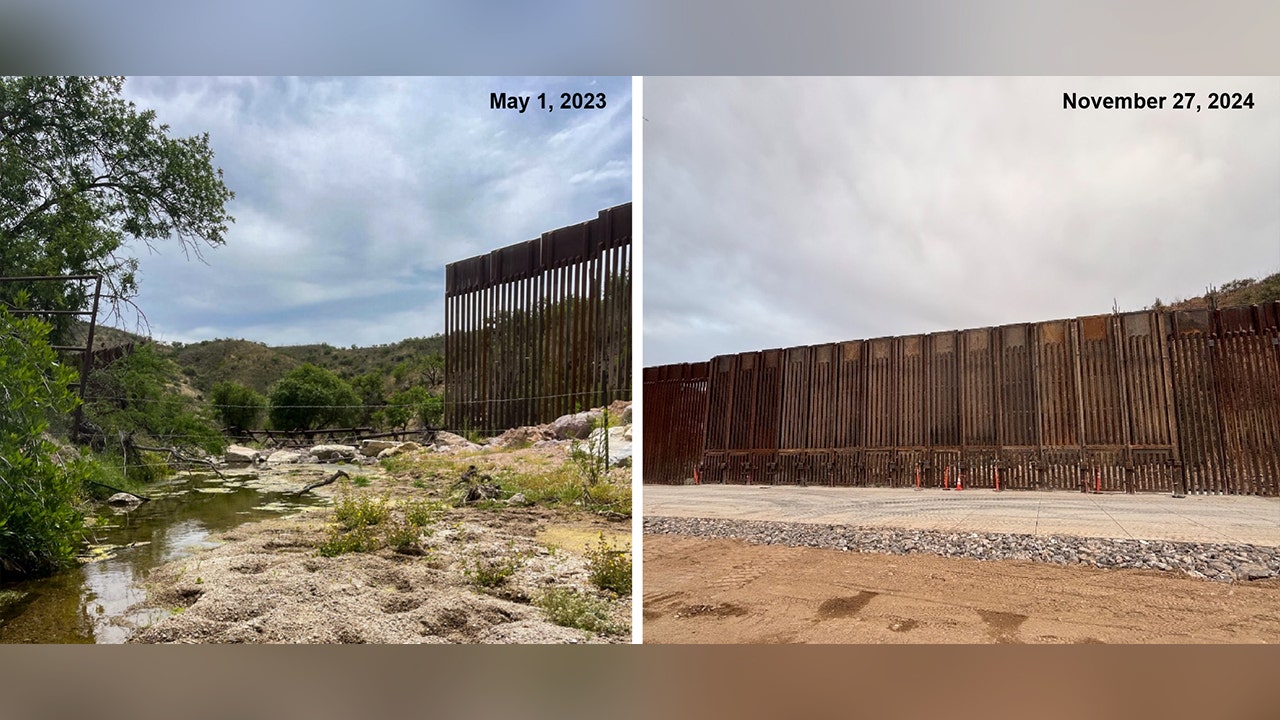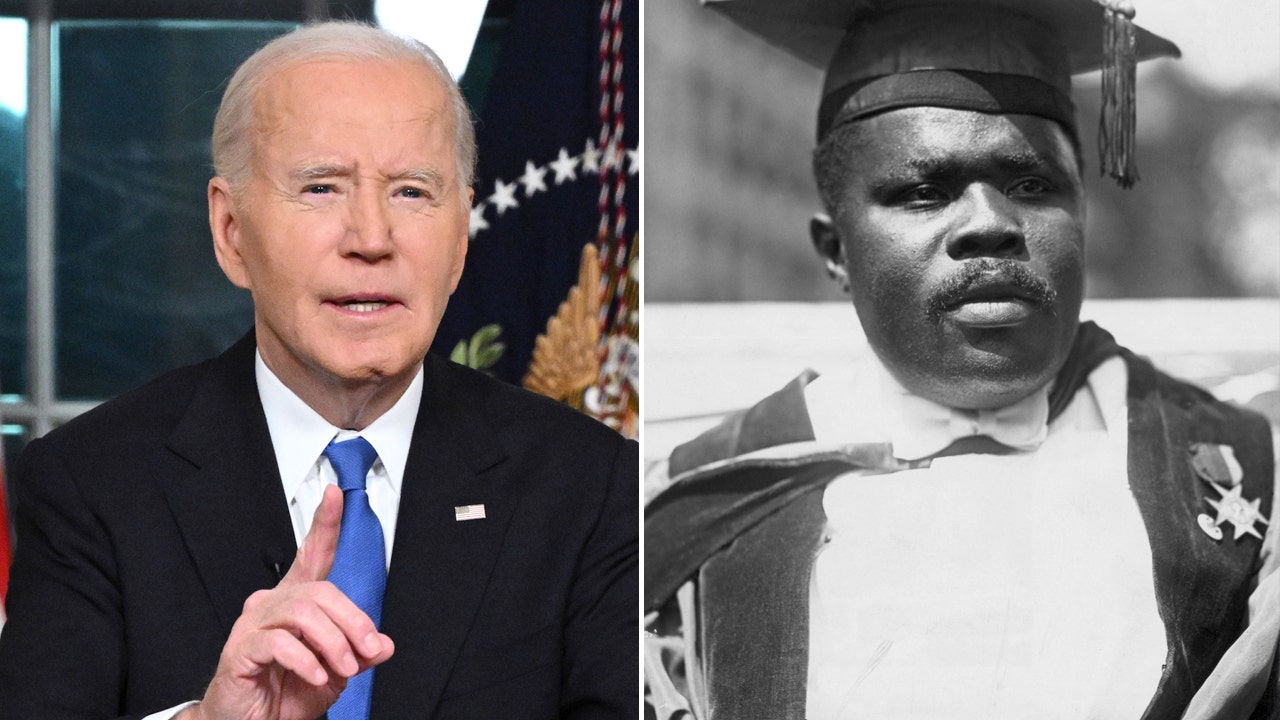“Our team on the ground is deeply alarmed by the latest reports of further escalating violence and destruction taking place in Buthidaung and Maungdaw townships,” said UN Spokesperson Stéphane Dujarric, briefing reporters at UN Headquarters on Monday.
Renewed violence and the destruction of property in Buthidaung has resulted in the displacement of potentially tens of thousands of civilians, mostly Rohingya. The Myanmar military has stoked tensions between Rohingya and ethnic Rakhine, said UN rights chief Volker Türk in a statement on Sunday.
“This is a critical period when the risk of yet further atrocity crimes is particularly acute,” he said, calling for rebels from the Arakan Army and Government forces to pause the fighting.
Food running out
In Rakhine’s capital, Sittwe, there are reports of food and cash shortages, soaring market prices, water scarcity and the spread of waterborne diseases. Humanitarian assistance and essential services have been heavily interrupted, said Mr. Dujarric.
“We call on all military and political leaders as well as community influencers to do their part to de-escalate and defuse attempts to reignite intercommunal tensions, particularly between ethnic Rakhine and Rohingya, and to avoid the repetition of past human rights atrocities that we have seen in Rakhine State,” said Mr. Dujarric.
Mr. Türk called on Bangladesh “to once again extend protection to vulnerable people seeking safety and for the international community to provide all necessary support.”
That call was echoed by head of the UN refugee agency, UNHCR, Filippo Grandi who said conflict and violence stemming from the brutal military crackdown by the ruling junta was “dramatically worsening”.
“I appeal to all parties to ensure the safety of civilians and humanitarians,” he said on X.
Brazil’s refugee response wins praise from senior UNHCR official
Brazil’s unified and inclusive refugee response, which focuses on protection and finding solutions for refugees, won praise from Assistant High Commissioner for Operations at UNHCR Raouf Mazou in a statement on Monday.
During a week-long visit to the country, he said “Brazil’s commitment to inclusive refugee policies shows that documentation, asylum and other forms of protection, combined with access to jobs, livelihoods, education and health, are the best way to arrive at solutions.”
The Assistant Commissioner’s trip included visits to “innovative projects” in São Paulo and Manaus that focus on employing refugees and assisting them in integrating into local communities.
In Brasilia, the capital city, he met national authorities to open the second Cartagena+40 Process consultation – a process to mark the 40th anniversary of the 1984 Cartagena Declaration on Refugees – emphasising inclusion and integration.
Deluge in Rio Grande do Sul
Mr. Mazou’s visit occurred while the south of Brazil experienced heavy rains and floods leaving more than two million people affected, based on official data, including more than 100 fatalities.
The flooding has devastated areas in the state of Rio Grande do Sul, leaving some 43,000 refugees in need of international protection.
UNHCR is working with authorities to deliver “relief items, technical assistance on shelter management and provision of reliable information to refugees and migrants”.
Yemen: Rights experts call for release of Baháí detainees
Top rights experts called on Monday for the urgent release of five people belonging to the Baháí faith one year after their abduction by de facto authorities in Yemen.
The five detainees “continue to be at serious risk of torture”, said the independent rights experts, who include Nazila Ghanea, Special Rapporteur on freedom of religion.
In a statement alleging the “targeted persecution of religious minorities in Yemen”, the rights experts said the Ansar Allah movement – also known as the Houthis – were responsible.
History of hate speech
Other Baháí believers who have been released have faced severe pressure to recant their religious beliefs, the rights experts maintained, before warning that hate speech against minorities, including by the Houthi Grand Mufti of Sana’a, had made matters worse.
Special Rapporteurs are part of the Special Procedures of the Human Rights Council. They do not receive a salary for their work and serve in their individual capacity.





